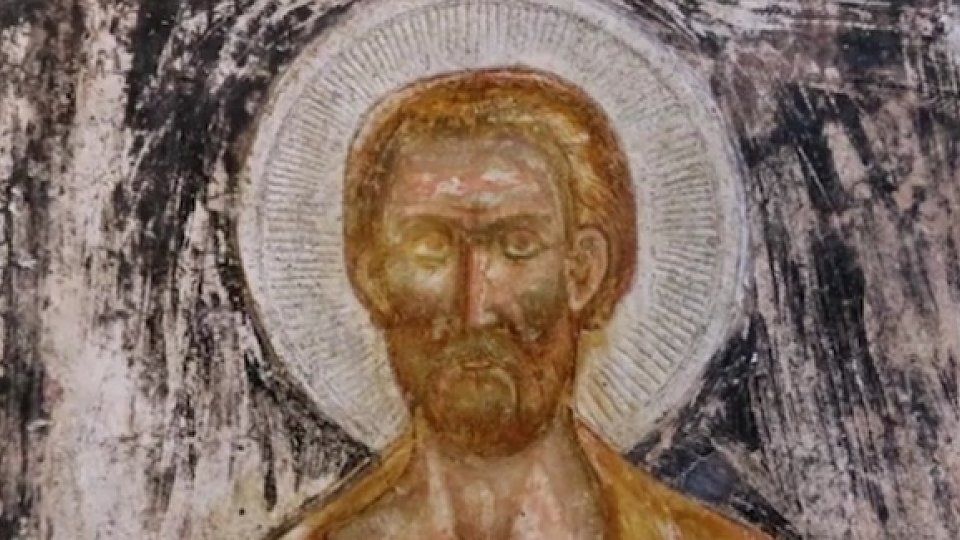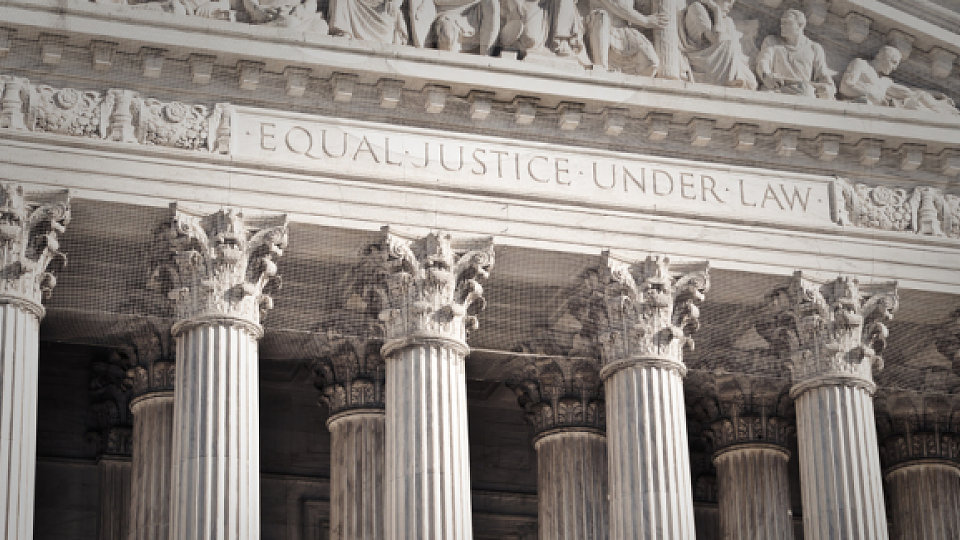Paul’s Visit At Philippi
(Photos: 1. Art from the Orthodox Chapel next to the Gangites that shows Lydia and the other women at the river as Paul approaches. 2. Filming the video segment in Philippi as I remember my baptism in the Gangites River.) Philippi was a Roman colony and a relatively small city. Luke’s account of Paul’s visit to the city begins on the Sabbath, when Paul, Silas, Timothy, and presumably Luke went to the river to search for a Jewish place of prayer. It appears that in places where there was no synagogue, Jews and God-fearing Gentiles gathered for prayer along the banks of the closest river or stream. In Acts 16:13-15 we read, On the sabbath day we went outside the gate by the river, where we supposed there was a place of prayer; and we sat down and spoke to the women who had gathered there. Surely there were at least a few Jewish men in Philippi, but it was the women who had come to pray at the river that day. Among those gathered, “a certain woman named Lydia, a worshiper of God, was listening to us; she was from the city of Thyatira and a dealer in purple cloth.” No husband is mentioned in the account of Lydia (and her children) in Acts. It appears that she was either a widow or divorced. She was a single working mother. Lydia’s profession was selling purple cloth. Because of the high cost of purple dye, the color was associated with royalty and the very wealthy. Philippi’s location along the Via Egnatia assured that Lydia had access to buying materials and customers to purchase her wares. On the Sabbath Paul arrived in Philippi, Lydia was at the river with a group of women and her children gathered to pray. Paul taught that Jesus was the long-awaited Messiah, that he offered forgiveness of sins and new life, and that he was the embodiment of God’s love. Paul’s message moved Lydia deeply, and she trusted in Christ. Luke notes of Lydia’s response when Paul preached, “The Lord opened her heart to listen eagerly to what was said by Paul. When she and her household were baptized, she urged us, saying, ‘If you have judged me to be faithful to the Lord, come and stay at my home’ ” (Acts 16:15). Lydia became the first convert on European soil. Baptism There are three instances in Acts of entire families (households) being baptized after the head of the family put his or her trust in Christ: Cornelius in Acts 10, Lydia in this story, and the jailer at Philippi. We don’t know that there were small children among these households but it seems likely, and hence many have seen in these stories precedence for the practice of baptizing children, a practice that many second and third century Christians believed went back to the apostles. Today the Gangites River is located about a third of a mile west of the ruins of ancient Philippi. On the river, about a half-mile north of the archaeological site of Philippi, there is an Orthodox Church and baptismal site commemorating Lydia’s baptism. In addition to a church and chapel, there is a beautiful outdoor area on the riverbank where groups can sit. If they want, individuals can receive or reaffirm baptism in the same river where Lydia and her family were baptized. The river itself is only a couple of feet deep at this location and maybe twenty yards across. A part of the stream is diverted to a smaller stream, where people can step into the cold and swift running water or lie back in the water. It is a powerful opportunity to connect with Lydia’s story. It’s worth noting here that Paul and his companions treated the women at the river with dignity, offering Christ to them as they would have to any men gathered for prayer. Several years later, when Paul wrote his letter to the Philippians, he mentions two other women in the church at Philippi, Euodia and Syntyche, who apparently were in conflict. He describes these women as having “struggled beside me in the work of the gospel,” and as his “co-workers, whose names are in the book of life” (Philippians 4:3). I mention this because Paul is often remembered for statements about women keeping silent in the church and being submissive to their husbands. The gospel that Paul was proclaiming led many women to understand that they were loved by God and had great worth. They were filled with the same Spirit that men were filled with, and as Paul himself wrote in Galatians 3:28, in Jesus “there is no longer male and female.” The fact that Paul and his companions accepted Lydia’s offer of hospitality, staying at the home of a Gentile woman who may have been a divorced single mother might have been seen as scandalous to Paul’s fellow Jews and some of the Gentiles in town. But his actions signified a dignity, acceptance, and affirmation that Paul expressed to Lydia, just as her act of hospitality expressed her generosity, kindness, and earnest faith. Today’s post is an excerpt from The Call: The Life and Message of the Apostle Paul.









